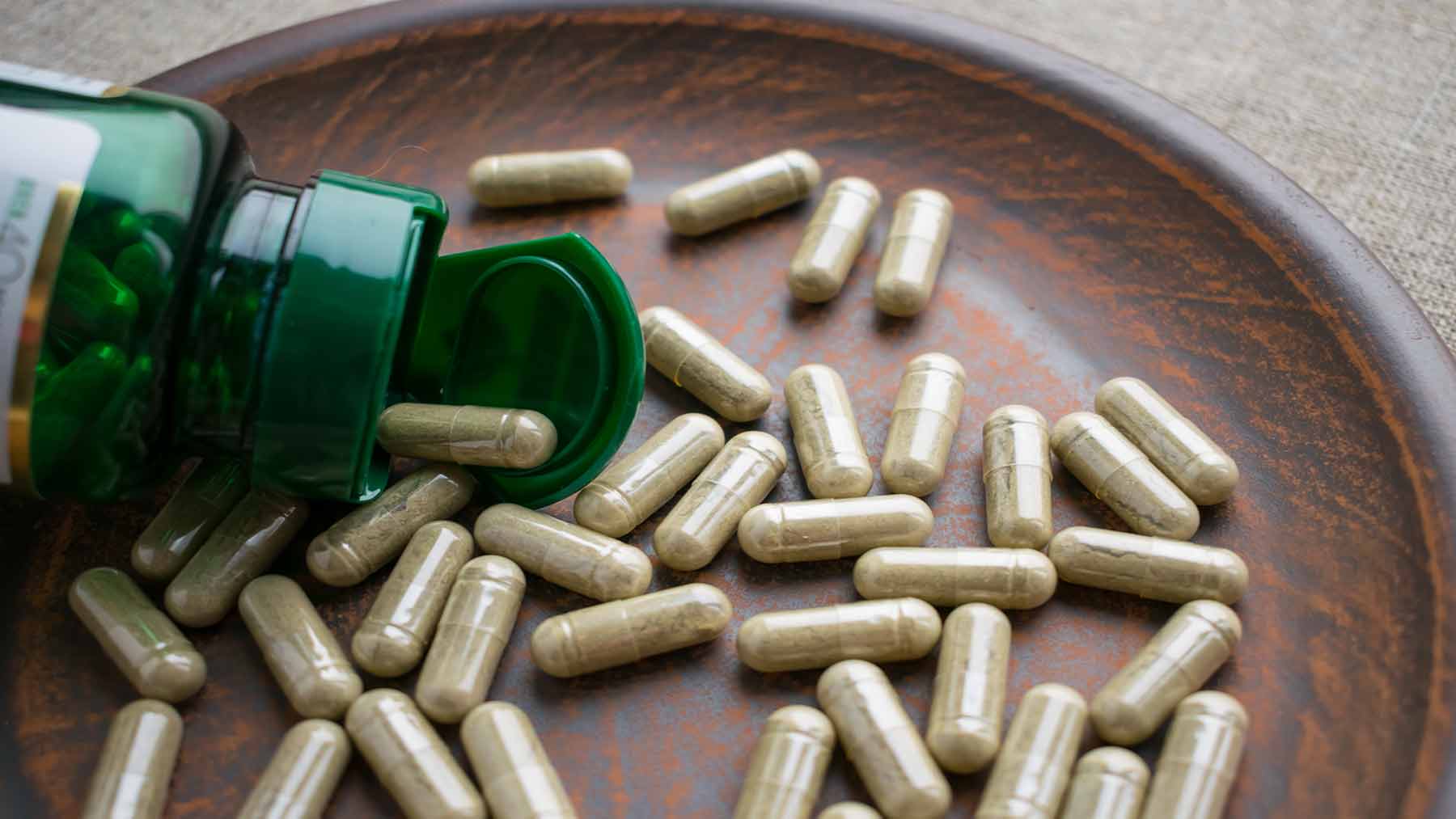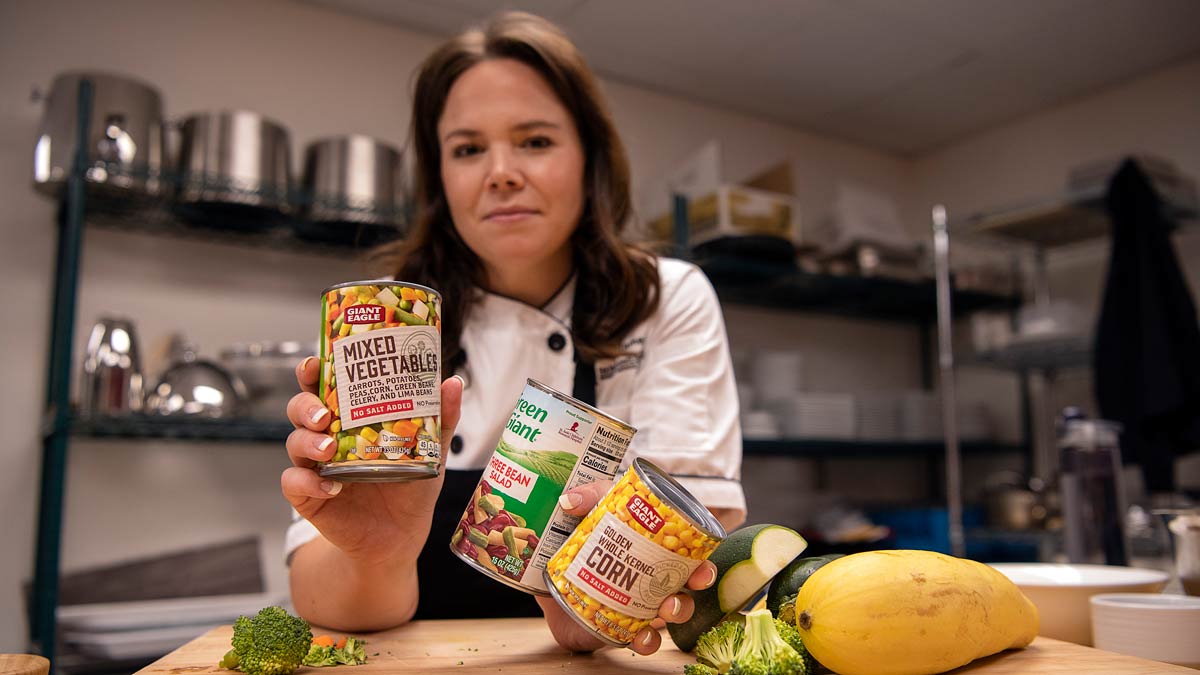Is it a B12 deficiency?

Certain food groups or diets may have your body feeling great, but are they supplying all the proper nutrients to help your body function properly? Vitamins, such as B12, perform many roles, like producing blood cells. When lacking these essential nutrients, you may experience negative symptoms.
What causes a B12 deficiency?
A vitamin B12 deficiency can be caused by a few things. If you lack a protein called intrinsic factor, your uptake of vitamin B12 may be impaired, interfering with your body’s ability to make healthy red blood cells. The lack of intrinsic factor may be due to a condition called pernicious anemia; an autoimmune response in which your body’s immune system attacks and destroys the cells that produce intrinsic factor in the stomach. The lack of intrinsic factor may also be related to atrophic gastritis, a chronic inflammation of the mucous membrane of the stomach, leading to a thinning of parts of the stomach lining.
The inability to absorb vitamin B12 may also be caused by gastrointestinal disorders such as Crohn’s disease, celiac disease, chronic gastritis or bacterial overgrowth. All of these conditions interfere with nutrient absorption.
Other causes include a vegan diet; weight loss surgery or other removal of part of the stomach; chronic and heavy alcohol use; chronic use of medications that interfere with B12 absorption, such as antacids and heartburn medications as well as some Type 2 diabetes medications; and the decrease of stomach acid production that may accompany aging.
What symptoms are associated with a B12 deficiency?
If you have a mild vitamin B12 deficiency, you may experience no symptoms. Common symptoms are:
- Weakness, tiredness or lightheadedness
- Heart palpitations and shortness of breath
- Pale skin
- A swollen, red tongue
- Constipation, diarrhea, loss of appetite or gas
- Nerve problems like numbness or tingling, muscle weakness and problems walking
- Vision loss
- Mental problems like depression, memory less or behavioral changes
What foods should you eat to get more B12 in your diet?
Vitamin B12 is found in animal products such as milk, yogurt, cheese, meat, fish, poultry and eggs. Generally, it’s not present in plant foods. However many grains and cereals are fortified with vitamin B12 and are an important source of this vitamin for vegetarians and vegans. Vegetarian sources of fortified B12 also include nutritional yeast, soymilk and meat analogs. Be sure to check the food labels to find out if B12 has been added.
Are there other methods of B12 intake?
Even if you have a restricted diet, you may be able to get the appropriate intake of vitamin B12 through other sources. Vitamin B12 is present in most multivitamins. It’s also available in over-the-counter pills and sublingual tablets (dissolve under the tongue). Prescription forms like shots or nasal spray are also available. This is more common for those with moderate to severe deficiencies.
How to prevent B12 deficiency
The best way to make sure you’re getting enough B12 is to choose a healthy diet that includes a variety of foods rich in vitamin B12. Drink alcohol in moderation to avoid damaging the stomach lining over time, which may lead to decreased absorption of the vitamin. Those at risk of vitamin B12 deficiency such as older adults, vegans/ vegetarians and their infants, individuals with pernicious anemia and individuals with gastrointestinal disorders should ask their physician about having their B12 levels checked and consider taking the form of B12 supplement recommended by their medical provider.
Kris Dilley is a registered dietitian at The Ohio State University Wexner Medical Center.




